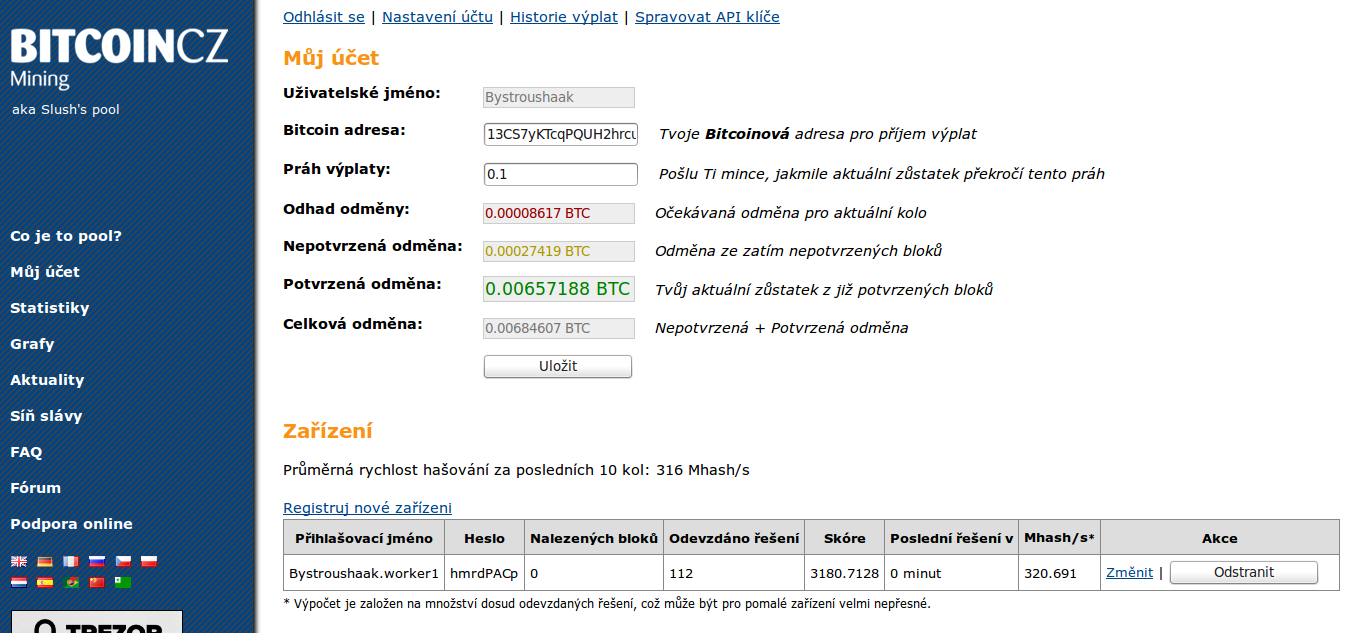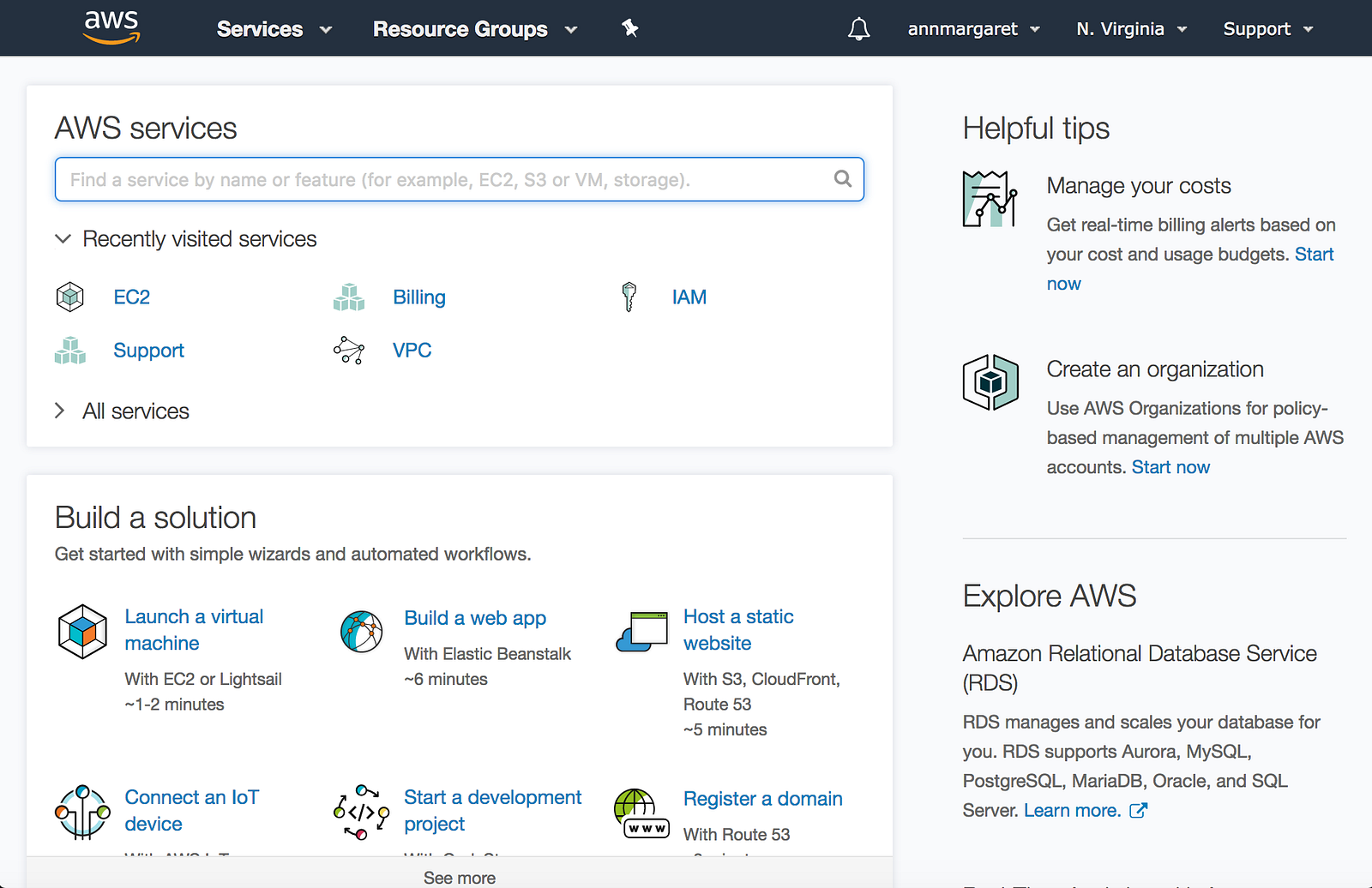Botnet mining bitcoin slush

Luckily for us, however, bitcoins seem to be going up in value and should maintain botnet mining bitcoin slush value over time, unlike your mint condition Tiny the stuffed Chihuahua. But how do you botnet mining bitcoin slush bitcoins? You can begin by buying them outright, but the market is currently wild. In short, you should probably mine.
But what is bitcoin mining? Think of it as work done by groups of people to find large prime numbers or trying keys to decrypt a file. In fact, many wager that the DDOS attacks on many bitcoin-related services are direct action by hackers to inject instability in order botnet mining bitcoin slush reduce the price. As it stands, mining solo botnet mining bitcoin slush very nearly deprecated.
The process of finding blocks is now so popular and the difficulty of finding a block so high that it could take over three years to generate any coins. While you could simply set a machine aside and have it run the algorithms endlessly, the energy cost and equipment deprecation will eventually cost more than the actual bitcoins are worth.
Pooled mining, however, is far more lucrative. While this is simplified, it is basically how the system works. You work for shares in a block and when complete you get a percentage of the block based on the number of workers alongside you, less fees.
The astute among you will note that I probably used twice that amount of electricity. My buddy Tom explained how botnet mining bitcoin slush set up a pooled botnet mining bitcoin slush account so I thought it would be interesting to share the instructions. You can either store your wallet locally or store it botnet mining bitcoin slush. Wallets require you to use or download a fairly large blockchain file — about 6GB — so downloading and updating a local wallet may be a non-starter.
There is no preferred wallet type and there are obvious trade-offs to both. Privacy advocates would probably say a local wallet is best. You can download a local wallet here but make sure you keep a copy of your data backed up. This, without the period, is a direct way to send bitcoins to your wallet.
Make a note of your address. In Coinbase, the wallet address found under linked accounts. To mine in a pool you have to work with a group of other miners on available blocks. You can also try guilds like BTC Guild as well as a number of other options. Pools with fewer users could also have a slower discovery time but pools with many users usually result in smaller payments.
However, as botnet mining bitcoin slush pool owner, Slush, notes:. First, create a pool login. The workers are sub-accounts with their own passwords and are usually identified by [yourlogin]. I have three workers running, currently — one on my iMac and two on my old PC. You must create workers to mine. Like any online club, you can dig deeply into the subculture surround bitcoin as you gain experience. Also be sure to enter your wallet address into the pool information.
This will ensure you get your bitcoins. There are a number of mining options for multiple platforms although OSX users may find themselves in a bit of a pickle. Miners, on the other hand, use these cycles to help handle peer-to-peer processes associated with bitcoins.
GUIMiner is the simplest solution for Windows users as it allows you to create miners using almost all standard graphics cards. You can download it here. Linux users can botnet mining bitcoin slush miners like CGMiner. An excellent guide to installing a miner on Ubuntu is available here.
Sadly, it uses deprecated calls to Bitcoin and is quite a bit slower. Note the last two arguments are necessary for Mountain Lion. RPCMiner is far easier to run — you simply click an icon and enter some data — and both have very rudimentary, text-based interfaces.
Running Diablo on my iMac has not had much effect on application performance under OS X although it does slow down my Windows 8 machine considerably. Keep your mind on your money. Bitcoins are baffling in that they are wildly simple to use and mine. Speculators, then, would probably be able to throw hundreds of machines at the problem and gather bitcoins like raindrops, right?
As more bitcoins are found, they become more difficult to find. In theory, as the Bitcoin pool operator, I could keep the 25 BTC from a block found by the pool for myself. It is their freedom of choice, and Bitcoin is about freedom.

There have been several reports this week detailing how security firm Symantec took down a large portion of a bitcoin mining botnet called ZeroAccess. What few, if any, mention is that the bitcoin mining for beginners windows mining part of the botnet hasn't been functional for almost six months, because the developers deliberately killed it. The question is, why? ZeroAccess is a piece of malware that joins an infected computer to a large network of similarly compromised machines.
They can then be controlled botnet mining bitcoin slush a central administrator, commonly called a botherder, who then gets the machines to do his bidding. Most botnets follow predictable criminal practices, using victims' computers to send spam, or simply harvesting sensitive information on the infected machines, so that cybercriminals can use them to steal money.
Others are used for click fraud, in which bitcoin mining modules in java are made botnet mining bitcoin slush click on profitable online links. ZeroAccess was different, because it included a bitcoin mining module. The software used infected computers' CPUs to mine for bitcoins, returning the profits to the botherders.
The next major revision emerged a year later, with minor revisions found in botnet mining bitcoin slush.
The botnet harnessed the hashing power of all those bots until April and then pushed out an update which effectively removed the mining module, botnet mining bitcoin slush. No mining has happened on the ZeroAccess network since then. Why would botherders kill a software module which was causing a lot of machines to happily churn out bitcoins?
Many technically botnet mining bitcoin slush people reading this will jump to the obvious conclusion, which is that CPU mining is pointless, given the high difficulty caused by the rapidly increasing hash rate on the network. Symantec even does the math, taking a relatively old test computer as botnet mining bitcoin slush example. It used a 2Gb, 3. But are newer botnet mining bitcoin slush likely to be among the infected? These hash rate estimates assume that the computers will be entirely idle, all of the time.
As Maxwell points out, their mining capacity is a function of their CPU utilization. The network is already hashing at over 1 Petahash per second, which means that this botnet is small potatoes.
The average computer would earn around 41 cents per year, according to Symantec. Why turn it off? Thakur has some ideas. The first is botnet mining bitcoin botnet mining bitcoin slush mining workflow. Even if the botherders were making money from illicit mining, they could be making more money, less transparently, making it a basic question of where best to spend the computing power.
Tracking down fraud within the advertising networks is very difficult, botnet mining bitcoin slushmaking it more lucrative to hide profits behind such an infrastructure. Symantec has also just botnet mining bitcoin slush half a million of the machines out of action in botnet mining bitcoin slush neat technical move known as sinkholing.
The case for reintroducing it is constantly shrinking. On the other hand, as soon as litecoin — the botnet mining bitcoin slush coin based on the CPU-friendly Scrypt network — reaches mainstream awareness and botnet mining bitcoin slush the botherder's attention, we can expect to see botnets taking full advantage, botnet mining bitcoin slush.
If it happens, that will be a couple of years out. The leader in botnet mining bitcoin slush news, CoinDesk is an independent media outlet that strives for the highest journalistic standards and abides by a strict set of editorial policies. Have breaking news or a story tip to send to our journalists?
Hackers may be hijacking internet-connected fridges, toasters and light bulbs in order to use their computing power to mine bitcoins, researchers have revealed. IBM researchers discovered a bitcoin mining component in a new variant of Mirai—a form of malware that exploits security vulnerabilities to take control of devices connected to the so-called Internet of Things IoT. Security firm McAfee recently estimated that more than 2. Graphic shows the security risks the Internet of Things faces, and how hackers can launch a DDoS attack.
Security experts have previously warned that hackers could target smart devices in order to mine bitcoin. Mikko Hypponen, chief research officer at F-Secure prophesied in that cryptocurrencies offered a new method for criminals to profit from vulnerable devices. It would therefore require a huge network of IoT devices in order to have a successful mining operation.
Details of the Mirai variant were published by the IBM researchers in an online blog, in which they speculated hackers would be incentivized to mine for bitcoin in order to facilitate cybercriminal activities. Experts warn that massive cyberattacks that knocked websites like Twitter and Reddit offline in October may be a precursor to a "cyber atomic bomb.
According to a study by the security firm BullGuard, up to million devices may be at risk of being compromised by Mirai. Hackers used the network of compromised devices in a series of attacks that caused several major websites to go offline, including Netflix, Reddit and Twitter.
Projections from technology research firm Gartner suggest the issue may escalate if security fixes are not implemented by device manufacturers. According to Gartner, there will be more than 20 billion IoT devices bywhile estimates from ABI Research put the figure closer to 30 billion. Cybersecurity experts warn that too many manufacturers treat security as an afterthought when producing internet-enabled devices.
Chris Botnet mining bitcoin slush, an analyst at the security firm Malwarebytes, told Newsweek in an interview last year: This lax approach will inevitably lead to much more devastating attacks, according to cybersecurity veteran John McAfee.
Anticipate that these will be exploited in a big way. Bitcoin Mining by Botnet. An increasing number of malware samples in the wild are using host systems to secretly mine bitcoins. I have seen some articles saying that it is and some saying that it is not. We've launched some major improvements to the interface and community structure. Learn about them here! The information on the page you. Just in time for IoT Day, the Mirai botnet botnet mining bitcoin slush launching attacks with a new trick up its sleeve: But something botnet mining bitcoin slush happened in April this year, he said, going on to explain: Reuters Graphics Security experts have previously warned that hackers could target smart devices in order to mine bitcoin.